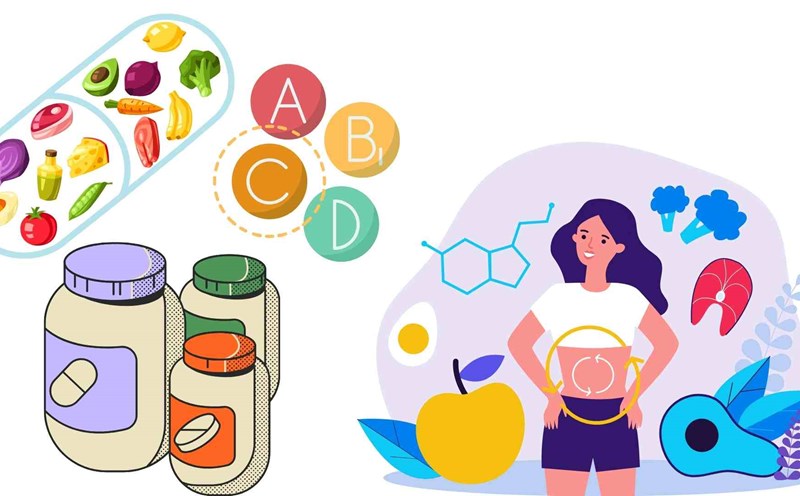Avocado is often high in saturated fat
A spoonful of white butter contains about 7 grams of saturated fat, which will increase rapidly if you use it multiple times a day. Vegan butter contains 3 to 8 grams of saturated fat depending on the brand, as many are made from coconut or palm oil, a popular source of saturated fat, according to plastic scarcellon from Cedars-Sinai, Los Angeles.
The American Heart Association recommends that saturated fat not exceed 5 - 6% of total calories, equivalent to about 13 grams/day if consumed 2,000 calories. The USDA has a more flexible limit of less than 10% of total calories.
Vegan butter is not completely healthy
Vegetarian butter has a better ratio of unsaturated fats, but processing and certain additives such as fertilizers, flavorings, and food colorings can have a negative impact on health, says Dr. Maya Vadiveloo, Rhode Island University.
To simulate the thickness of regular butter, vegan butter uses coconut oil, palm oil, and palm oil, all of which are saturated fat, explains Jamie Mok, a nutritionist at the Institute of Nutrition and Dietetics, Los Angeles.
Oils such as olive oil, canola oil, sunflower oil or rum oil contain unsaturated fatty acids, in liquid form at room temperature. Mok said: "Plementary butter has an advantage over regular butter but is not large enough to completely support any type. Users should choose products with low saturated fat and high in unsaturated fat".
A 2021 study with more than 521,000 people shows that replacing avocado with olive oil, canola oil or corn oil reduces the mortality rate from cancer, diabetes and heart disease.
Dr. Qi Sun, Harvard TH Chan School of Public Health, emphasizes: Instead of saturated fat with healthy vegetable oil, LDL cholesterol is reduced, a risk factor for heart disease.











